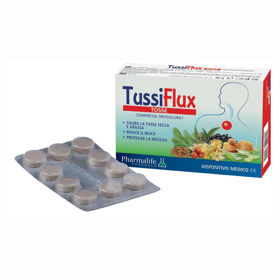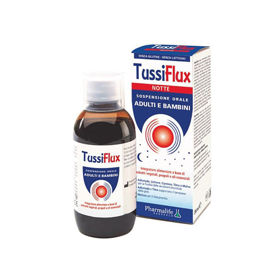Customer question:
Should all people be vaccinated against whooping cough? Anonymous customer's question
Pharmacist's answer:
No, all people don't need to get the whooping cough vaccine. Still, vaccination is usually recommended, especially for children and adults in high-risk groups or work where the risk of exposure is higher.
How does the pertussis vaccine work?
The pertussis vaccine works by stimulating the individual's immune system to develop protective antibodies against the bacterium Bordetella pertussis, which causes pertussis. When a person receives the vaccine, their immune system "learns" to recognize and destroy these bacteria should future exposure occur. Pertussis vaccines are usually part of combination vaccines, which, in addition to the pertussis vaccine, also contain other components to protect against other diseases, such as diphtheria, tetanus, polio, and, in some cases, Haemophilus influenzae type B or hepatitis B. The vaccines are usually for whooping cough and are given in several doses during children's routine vaccinations.
How often should we be vaccinated against whooping cough?
The number of doses of pertussis vaccine to receive depends on several factors, including the type of vaccine, the individual's age, and health guidelines. Usually, pertussis vaccines are given in multiple doses, usually during a child's routine vaccinations.
For example, the following doses are usually recommended for children:
- Dose: Usually given in early childhood, often as part of a combination vaccine that includes vaccines against other diseases such as diphtheria, tetanus, and polio.
- Dose: usually given a few weeks or months after the first dose.
- Dose: usually given a few months after the second dose.
In addition, additional doses of the pertussis vaccine may be recommended at different ages or in certain situations, such as during pregnancy or for adults who were not fully vaccinated in childhood.
Interesting reading: What does pertussis-cough look like










 Facebook
Facebook
 Instagram
Instagram
 info@moja-lekarna.com
info@moja-lekarna.com

